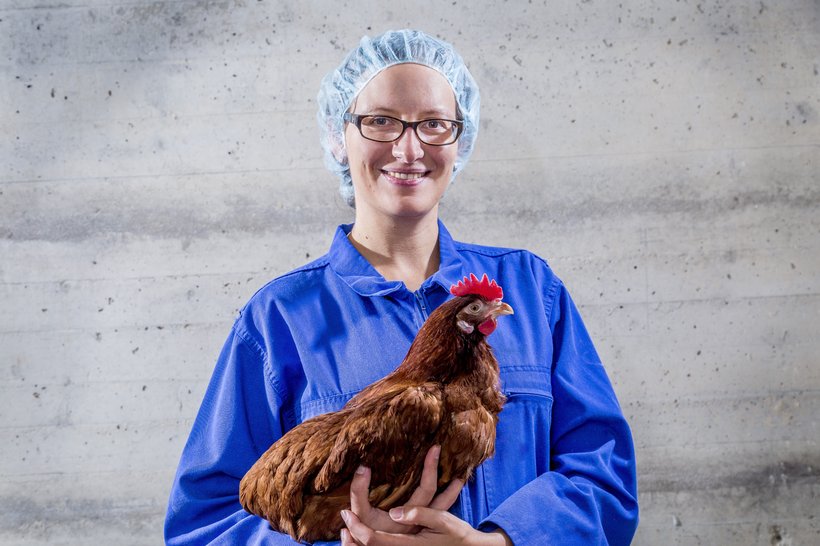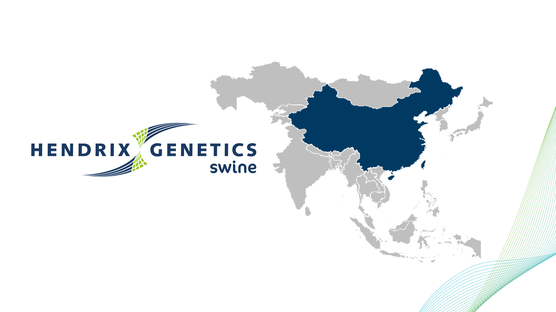
Published on April 30, 2019
Want to study stress in laying hens?
Finding innovations in the field of animal health and welfare continues to be one of our biggest focuses. One of the ways to accomplish this is to tap into the knowledge and enthusiasm of graduate students who bring a fresh perspective to existing issues. To find new solutions, we are involved in multiple research projects around the world with leading institutes. The health and welfare of laying hens is one of these key areas of research.
With the ban on cage systems in Europe and pledges from North American retailers such as McDonald’s and Nestlé to exclusively sell cage free eggs, the transition to these systems has become a reality. Although birds are now able to express natural behaviors such as flapping and scratching, other issues have arisen such as keel bone fractures and feather pecking. Hendrix Genetics has partnered with Newcastle University to develop six PhD projects to learn more about the internal response of a chicken under stress. These projects are grouped under one consortium, known as Chicken Stress.
Understanding a chicken’s stress response could have the potential to enhance a number of issues related to productivity and sustainability in the value chain.
“The Chicken Stress consortium aims to understand how the stress response is regulated in the avian brain and to minimize chronic stress by investigating the three main contributors to variation in the stress response:
- Genetic variability
- Early-life environment
- Current environment
By understanding the impacts of these factors, we will be able to produce more stress resilient birds in higher welfare housing conditions, and thereby enhance animal welfare and productivity.”
Hendrix Genetics is recruiting PhD students for the following projects:
- Connections and stress-related activity of different neuron subpopulations of the central extended amygdala
- Forebrain regulation of the stress response in chickens
- Predicting stress sensitivity of laying hens by identifying genetic, incubation, and rearing factors
- Bioinformatic analyses of stress-related genetic data in chickens
- Genetic and stress effects on the genoarchitecture and transcriptomics of the central extended amygdala
- Individual variation in tier use in commercial tiered aviaries
This consortium is just one of the ways we look to innovate and enhance the welfare conditions of animals in our care and for the entire industry.
To learn more about the Chicken stress consortium and the projects involved, click here.



